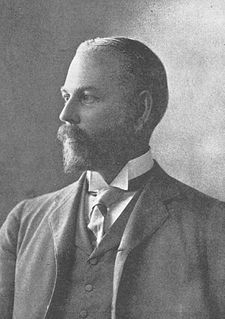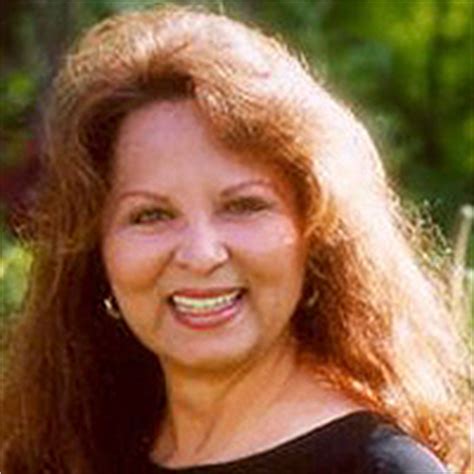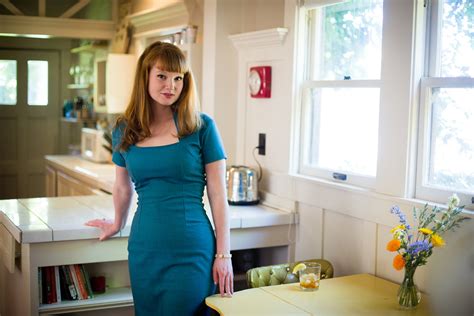A Quote by H. L. Mencken
You never push a noun against a verb without trying to blow up something.
Related Quotes
Whatever one wishes to say, there is one noun only by which to express it, one verb only to give it life, one adjective only which will describe it. One must search until one has discovered them, this noun, this verb, this adjective, and never rest content with approximations, never resort to trickery, however happy, or to vulgarism, in order to dodge the difficulty.
Saw you walking barefoot taking a long look at the new moon's eyelid later spread sleep-fallen, naked in your dark hair asleep but not oblivious of the unslept unsleeping elsewhere Tonight I think no poetry will serve Syntax of rendition: verb pilots the plane adverb modifies action verb force-feeds noun submerges the subject noun is choking verb disgraced goes on doing now diagram the sentence
Hyacinth,” Lady Bridgerton said in a vaguely disapproving voice, “do try to speak in complete sentences.” Hyacinth looked at her mother with a surprised expression. “Biscuits. Are. Good.” She cocked her head to the side. “Noun. Verb. Adjective.” “Hyacinth.” “Noun. Verb. Adjective.” Colin said, wiping a crumb from his grinning face. “Sentence. Is. Correct.
A true noun, an isolated thing, does not exit in nature. Things are only the terminal points, or rather the meeting points of actions, cross sections cut through actions, snapshots. Neither can a pure verb, an abstract motion, be possible in nature. The eye sees noun and verb as one, things in motion, motion in things.
Here is what I'm trying to tell you: Adult isn't a noun, it's a verb. It's the act of making correctly those small decisions that fill our day. It is one that you can practice, and that can be done in concrete steps. And if you slip up and have Diet Coke for breakfast, no one busts in and snatches away your Adult card. Just move forward and have milk tomorrow.
Fail is a verb not a noun, most people think that when they fail, they become a noun and call themselves failures. People have to learn from their mistakes just as children learn to ride bicycles by falling off bicycles. Mistakes can be priceless if we are willing to learn from them because the price to becoming rich is the willingness to make mistakes and learn from them without blaming or justifying






































